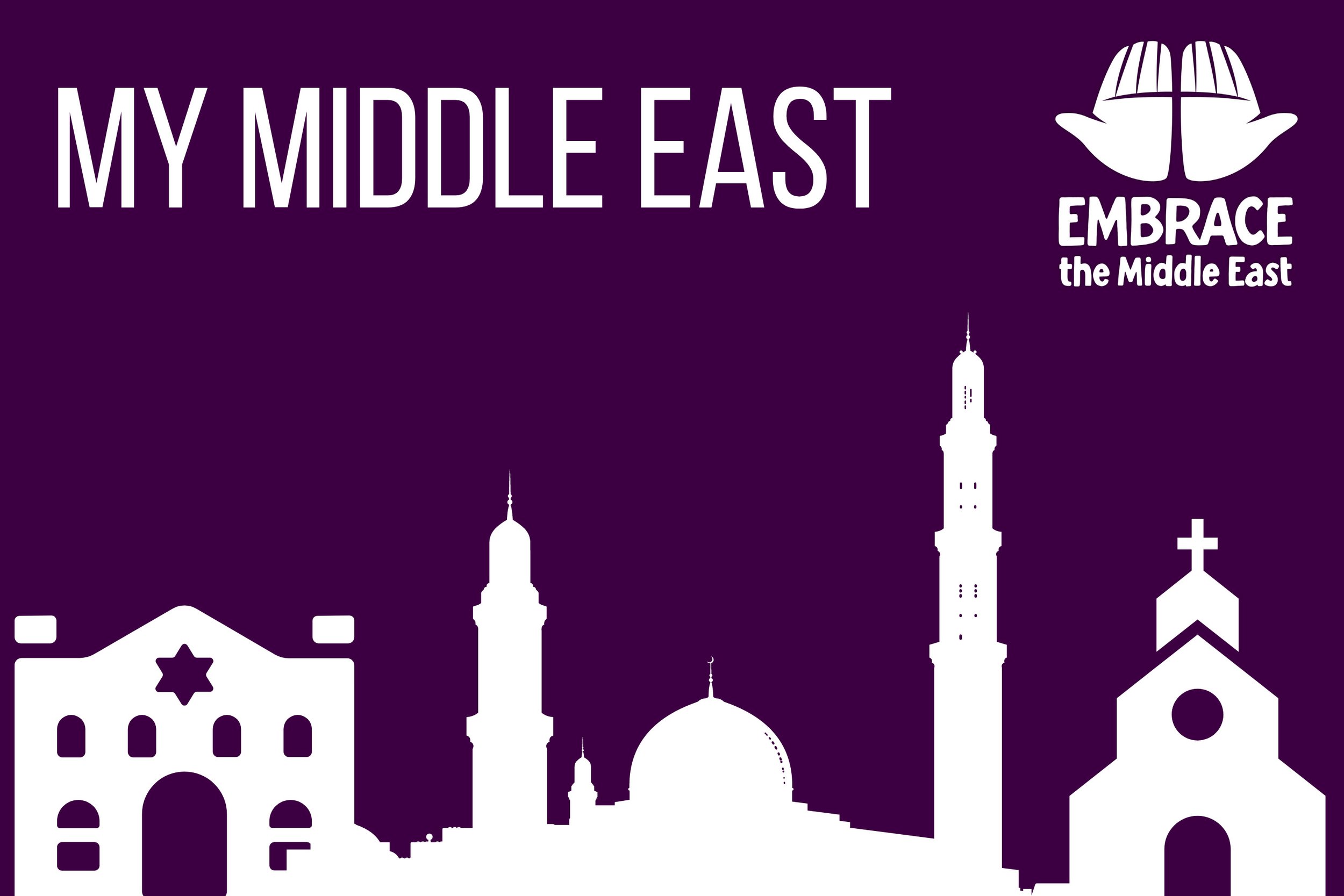Witnessing Christlike compassion in Lebanon
February 2022
Syrian refugees in Lebanon returning from a day’s work.
During the COVID-19 pandemic, it has been difficult to travel to the regions in which we work to meet with partners. Recently, we have been able to begin travelling again, and Programmes and Partnerships Manager Bruce made his first visit to Lebanon - here, he reflects on what he saw and learned.
I am a seasoned traveller. I made over forty visits to Afghanistan while working for Tearfund, several trips to Egypt and a couple to Jordan. But my 12-day trip to Lebanon in December was my first trip as Programme Manager with Embrace the Middle East and my very first to Lebanon itself.
I was desperate to travel again as my experience of Lebanon for the previous thirteen months had exclusively been through my laptop screen, or through books on the region. Numerous Zoom calls and hundreds of emails, as well as narrative and financial reports had painted a certain picture of this fascinating, deeply historic yet tragic small country and its people.
I felt I’d got to know the partners quite well this way on both a business and personal level. There was something special about the relationships I quickly developed after joining Embrace – a genuine partnership of shared personal support that goes beyond the business of managing projects in an efficient way. I’d picked up a strong sense of just how incredibly tough life had become for almost everyone in Lebanon, including our partners, in the midst of a catastrophic economic depression, global pandemic, political paralysis and shortages of just about everything, plus the lingering trauma of the Beirut port explosion in August 2020.
On arrival, though, it just looked and felt as if everything and almost everyone was normal. Shops were open, restaurants were busy and cars filled the streets. Beirut felt like any other big city, only more beautiful, with the stunning mountains cascading down to the blue Mediterranean Sea. It’s hard to describe seeing snow dusted mountains, clear skies, deep blue sea and palm trees in the same panoramic view as one strolls along the Corniche – breathtakingly beautiful.
Patients at the Karagheusian Centre in Beirut, Lebanon
But scratch the surface a little and it quickly becomes apparent that this Mediterranean jewel has lost much of its shine. The hyperinflation and chronic shortages, power-cuts and political paralysis are deeply impacting Embrace’s partner organisations. ‘Asha’ told me her husband is a headteacher whose salary used to be the equivalent of US $4,000 a month. The same salary was now worth just $250. She said they were lucky as she received part of her salary in US dollars, otherwise their difficult situation would be desperate. I witnessed in Asha a determined faith and a perseverance to keep going, despite the grinding hardships.
I was blown away visiting two separate primary healthcare centres at opposite ends of Beirut, each in poor neighbourhoods with many Syrian refugees, and each providing free health services and medications to the most needy cases with the help of Embrace funds. The quality and quantity of the care each centre provided was amazing. For example, I learned that, to try to keep up with the growing demand, the staff of the Karagheusian Primary Healthcare Centre have increased the number of hours worked. Meeting Serop, the dynamic director of Karagheusian, was inspiring. Despite the pressures and daunting tasks facing him, he was nothing short of a human dynamo, full of energy and passion. Rebecca, Head of Psychosocial Care department, also funded by Embrace, spoke of Serop’s energy being contagious. This enthusiasm had clearly been caught by the staff. It was brilliant to see such positivity in the midst human sadness and struggle as needy patients waited for help. Serop said:
In this part of the world, we don’t have a choice but to be resilient. We have to respond immediately to the catastrophic situation happening in Lebanon right now. It is not easy, I don’t have all the answers, I don’t know what will happen next, but when I go back to my Christian values, I know that God has put me here to lead this organisation and respond to the humanitarian crisis.’
Leaving Beirut, I travelled to the Bekka Valley to witness the advanced preparations for a winter relief programme that Embrace supports, helping up to 5,000 mostly Syrian refugee families this winter. Already it was cold and driving past several informal tented settlements I could only imagine the severe winter ahead for the estimated 1.5 million Syrian refugees and the many Lebanese who will struggle to afford sky-high fuel costs for heating and cooking.
As I concluded my visit, I realised what a privilege it had been for me to see under the covers of our partners’ lives, individuals persevering and serving those in need with Christlike compassion and witness. This was something Zoom, emails, WhatsApp and books on the region can never do. Roll on the next visit.
By Bruce Clark, Embrace Programmes Manager for Lebanon, Syria and Iraq
Our partners at MERATH are working hard to help vulnerable people in Lebanon make it through the harsh winter.




